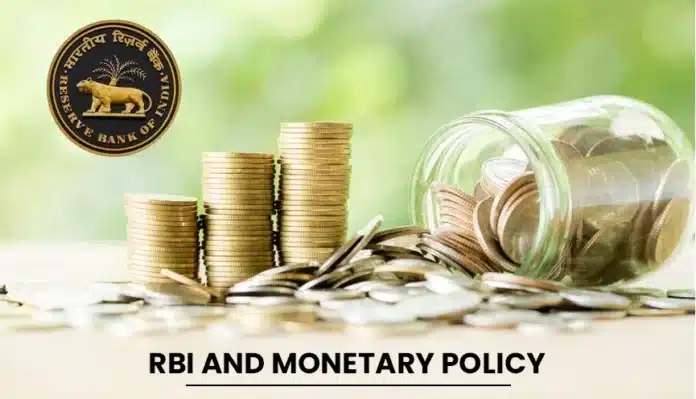Government and RBI Implement Monetary and Fiscal Measures

The average inflation rates in India, as measured by the Consumer Price Index (CPI) and the Wholesale Price Index (WPI), have been released for the last three quarters. Union Minister of State for Finance, Shri Pankaj Chaudhary, provided this information in a written response to a question in the Rajya Sabha. The data reveals fluctuations in inflation rates, with CPI inflation showing a notable decrease in recent quarters, while the WPI inflation remains relatively stable.
Inflation Rates Overview
The inflation rates for the last three quarters indicate a significant trend in the Indian economy. For the third quarter of 2024-25, the CPI inflation rate stands at 5.6%, while the WPI inflation rate is recorded at 2.5%. In the subsequent quarter, Q4 of 2024-25, CPI inflation has decreased to 3.7%, with WPI inflation slightly lower at 2.4%. Looking ahead to the first quarter of 2025-26, CPI inflation is projected to further decline to 2.7%, while WPI inflation is expected to drop to 0.4%. These figures suggest a positive trend in controlling inflation, particularly in the CPI category.
Government Measures to Control Inflation
In response to inflationary pressures, the Government of India has implemented various administrative measures aimed at stabilizing prices and protecting consumers. The Minister highlighted several strategies, including the augmentation of buffer stocks for essential food items and the strategic sale of procured grains in the open market. Additionally, the government has facilitated imports and imposed export curbs during periods of short supply to ensure adequate availability of essential goods.
Other measures include implementing stock limits to increase the supply of select commodities in the market and offering retail sales of specific food items under the Bharat brand at subsidized rates. Furthermore, the government has been distributing food grains free of cost to approximately 81 crore beneficiaries under the National Food Security Act. These initiatives are designed to alleviate the impact of inflation on the common citizen and enhance their purchasing power.
Reserve Bank of India’s Role
The Reserve Bank of India (RBI) plays a crucial role in managing inflation through its monetary policy framework. According to the Minister, the RBI follows a flexible inflation targeting approach, aiming to maintain CPI inflation at around 4% with a tolerance band of ±2 percentage points. Over the past three quarters, the CPI inflation rate has remained within this target range, indicating effective monetary policy management.
The RBI has also taken significant steps to control inflation by raising the repo rate by a cumulative 250 basis points from May 2022 to February 2023. This increase aimed to curb inflationary pressures and has resulted in a decrease in average year-on-year retail inflation from 5.4% in 2023-24 to 4.6% in 2024-25, marking the lowest level in six years. Recent data shows that retail inflation has further dropped to 2.1% in June 2025, reflecting the effectiveness of the RBI’s coordinated actions in balancing inflation control with economic growth.
Future Projections and Economic Outlook
Looking ahead, the economic outlook appears cautiously optimistic as inflation rates continue to decline. The RBI’s recent decision to cut the repo rate by 100 basis points since February 2025 aims to stimulate growth while maintaining inflation control. These measures, combined with the government’s proactive strategies, are expected to foster a more stable economic environment.
As inflation rates stabilize, the government and the RBI remain committed to ensuring that the benefits of economic growth are felt by all citizens, particularly those most affected by rising prices. The ongoing monitoring of inflation trends and the implementation of effective policies will be crucial in sustaining this positive trajectory in the Indian economy.
Observer Voice is the one stop site for National, International news, Sports, Editor’s Choice, Art/culture contents, Quotes and much more. We also cover historical contents. Historical contents includes World History, Indian History, and what happened today. The website also covers Entertainment across the India and World.

